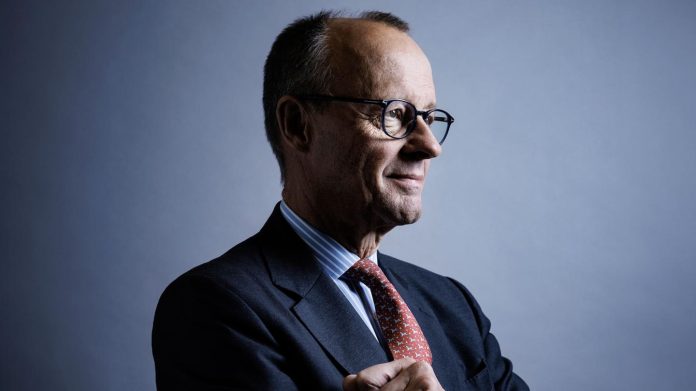Germany is due to hold federal elections next February to change its ruling coalition, with the chancellor’s post potentially contested by CDU/CSU (Christian Democratic Union and Christian Social Unions) leader Friedrich Merz.
The CDU/CSU is a post-war German political force covering a broad spectrum of attitudes. Initially the Union fulfilled its role as a natural barrier to national-oriented forces, but over time the party’s position shifted towards centrist views, especially under the influence of fellow party members from East Germany.
The party went through subsequent changes due to Angela Merkel, with Merz being her main critic during her tenure as Chancellor of Germany. Merz accused her of betraying the party’s values, whereas national-oriented politicians left the Union and founded the Alternative for Germany (AfD) party.
It is rumoured that Merz refused to join the founders of the AfD and then led the CDU/CSU after Merkel. Unlike her, Merz did not reject the AfD, but described the party as part of the spectrum of the Union’s views. He also stated that he was open to discussing co-operation. However, due to fellow critics, he had to admit that co-operation with the AfD was not possible as some of its members held an excessively radical position.
Meanwhile, representatives of the CDU/CSU began to argue that the majority of the AfD electorate were law-abiding Germans who could be persuaded to support the Union. For now, however, the AfD continues to gain popularity, taking over supporters from the Christian Democrats and the Socialists, which once again emphasises the rapid tilt of European parties towards national-oriented ideas.
Chancellor of militarisation
Political experts argue that even if Friedrich Merz wins the election, he may not get a majority in parliament, as a huge number of his voters are dissatisfied with the country’s growing military spending. Germans are increasingly reluctant to expose themselves to additional economic burdens to help Ukraine, which is losing ground on the frontline despite allied support.
However, without a militaristic bias, Germany will not be able to meet the expectations of the European Union and NATO to increase defence spending. Failure to meet defence needs means that Europe has lost the ability to produce the required volumes of weaponry, leaving politicians to make excuses for why Kyiv has not yet received some of the promised munitions and equipment.
Among Mertz’s possible foreign policy partners are Italian Prime Minister Giorgia Meloni and French national-oriented politician Marine Le Pen, which could mean a further policy of continuing the war in Ukraine. Their stance is also shared by current NATO Secretary General Mark Rutte, who was given the post amid the risk of a US withdrawal from the Alliance.
With the current trend towards militarisation of Europe, a war in Ukraine could escalate into a global conflict, which would impoverish the economies of Europe and Russia. Everything depends on Europe’s ability to bring its military industry to a workable state. Under such conditions, some European leaders hope that the recently elected US President Donald Trump will fulfil his promise and end the military conflict in eastern Europe.
Sigmund Huber for Head-Post.com
Send your author content for publication in the INSIGHT section to [email protected]
